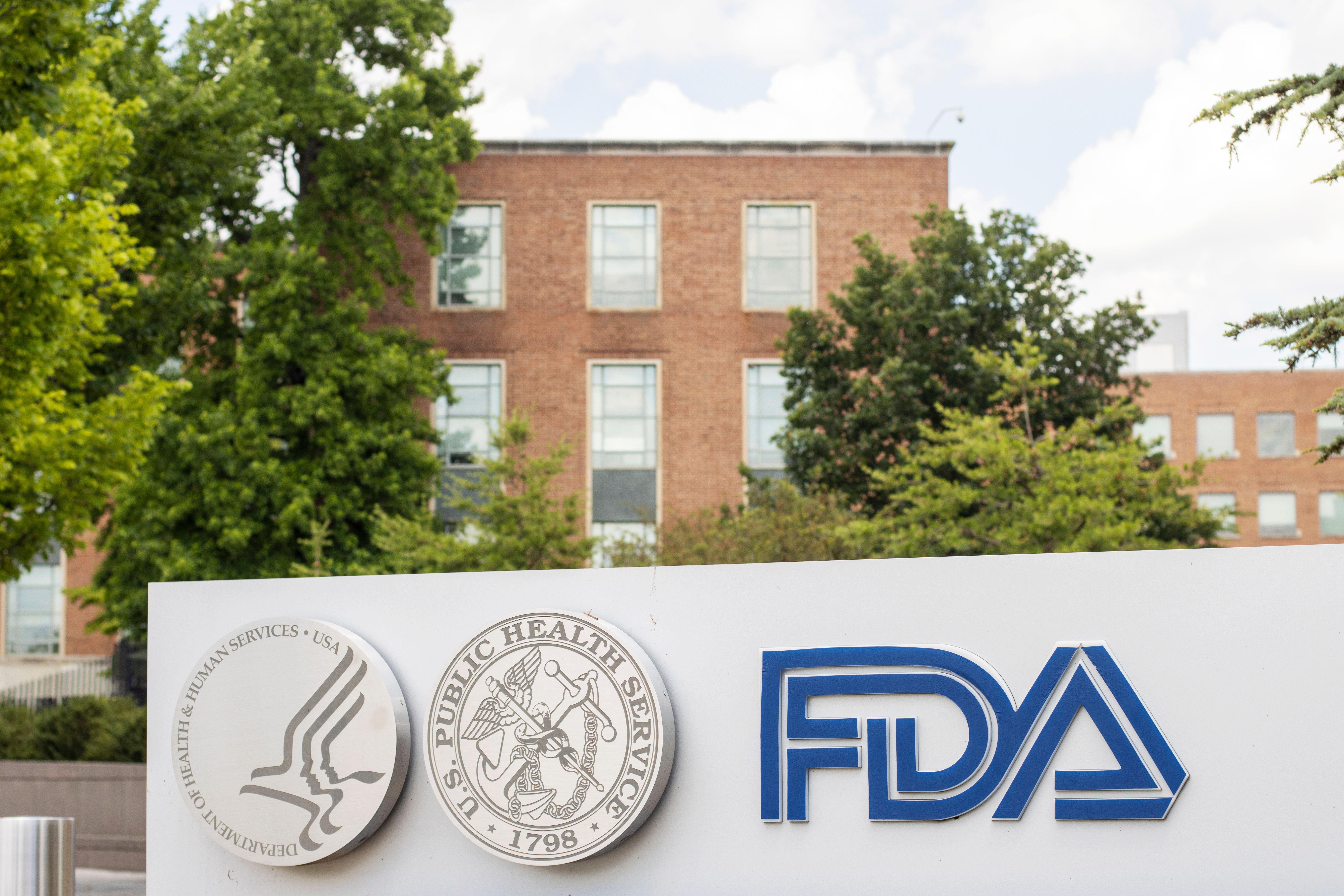- Acne
- Actinic Keratosis
- Aesthetics
- Alopecia
- Atopic Dermatitis
- Buy-and-Bill
- COVID-19
- Case-Based Roundtable
- Chronic Hand Eczema
- Chronic Spontaneous Urticaria
- Drug Watch
- Eczema
- General Dermatology
- Hidradenitis Suppurativa
- Melasma
- NP and PA
- Pediatric Dermatology
- Pigmentary Disorders
- Practice Management
- Precision Medicine and Biologics
- Prurigo Nodularis
- Psoriasis
- Psoriatic Arthritis
- Rare Disease
- Rosacea
- Skin Cancer
- Vitiligo
- Wound Care
Article
Pharma industry prescribes record dosage of lobbying funds
The pharmaceutical industry last year spent a record $128 million on lobbying efforts -- more than any other business sector, according to a report released last month by the Center for Public Integrity, a non-profit public-policy research group.
The pharmaceutical industry last year spent a record $128 million on lobbying efforts -- more than any other business sector, according to a report released last month by the Center for Public Integrity, a non-profit public-policy research group.
The amount topped the more than $116 million on lobbying efforts and campaign donations the industry spent in 2003, one of the busiest health-care political years -- and one in which Congress passed a new Medicare law, the report says.
The Center for Public Integrity analyzed millions of campaign finance records, lobbyist disclosure forms, U.S. Securities and Exchanges Commission filings and other public records to determine the amount. Larger drug makers spent the most on lobbying efforts: Pfizer donated $1.6 million to political candidates and causes, followed by GlaxoSmithKline with $1.09 million.
The lobbying of politicians is legal, but Center for Public Integrity officials noted the impact the process appears to have on average Americans.
For example, Executive Director Roberta Baskin said drug prices increased significantly during the time the industry's lobbyists emerged as among the most powerful in Washington. She also noted the number of former members of Congress and other federal workers who go on to work as lobbyists: According to the report, more than half of the 1,291 currently registered drug-company lobbyists are former government employees.
The Center for Public Integrity report also reviewed records from 1998 to 2004 and found the industry spent more than $800 million on lobbying efforts during that time. Since 1998, the industry has given the most funds -- $798,732 -- to President George W. Bush, mostly from individuals. Former Democratic presidential candidate Sen. John Kerry of Massachusetts received $305,203, all from individuals. Former Rep. Billy Tauzin, a Louisiana Republican who now heads the industry group Pharmaceutical Research and Manufacturers of America (PhRMA), received $184,593 since 1998.
Among other politicians who received the most from drug makers were Republicans Rep. Michael Ferguson of New Jersey ($457,967), Sen. Arlen Specter of Pennsylvania ($376,549) and Sen. Orrin Hatch of Utah ($351,424). Top Democratic recipients included Michigan Rep. John Dingell ($214,500), former New Jersey Sen. Robert Torricelli ($214,253) and Connecticut Sen. Joseph Lieberman ($203,850).
A spokesman for PhRMA called the report "biased and one-sided," noting that federal regulations and laws "encourage companies to take risks as they pursue cutting-edge research and spend nearly $50 billion a year to develop new and better medications that allow people to live longer, healthier lives."
Newsletter
Like what you’re reading? Subscribe to Dermatology Times for weekly updates on therapies, innovations, and real-world practice tips.











